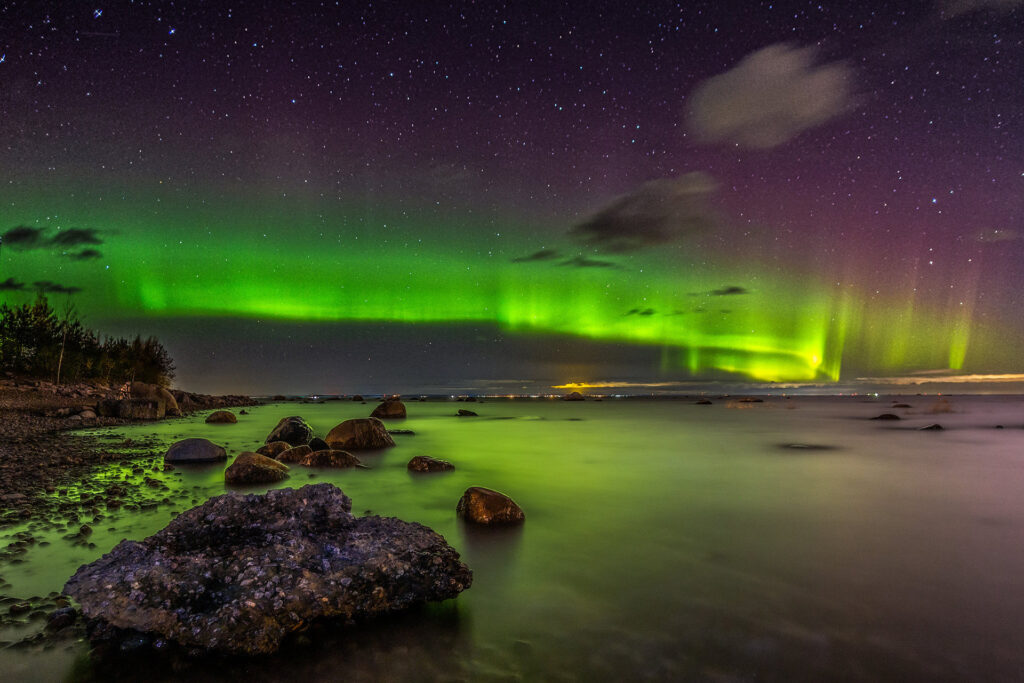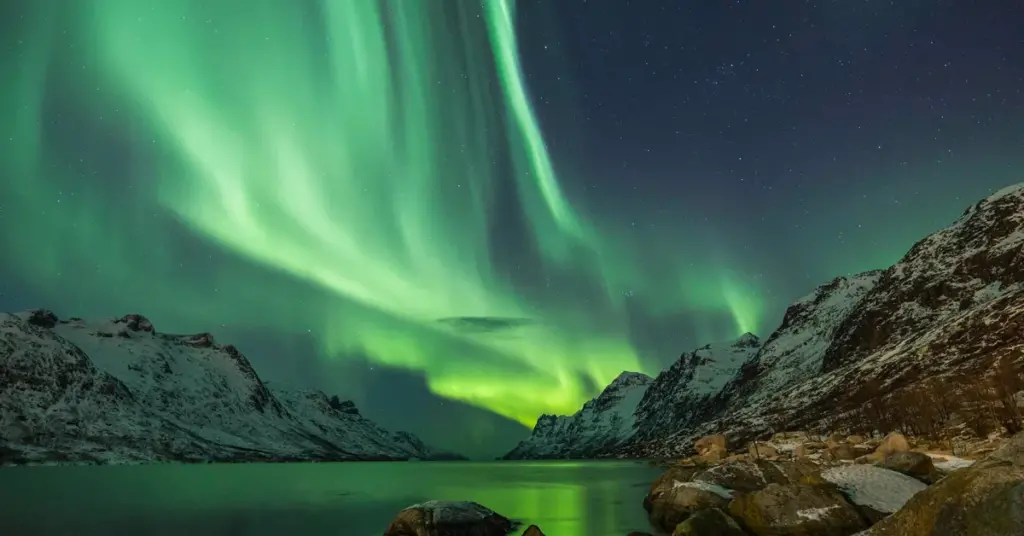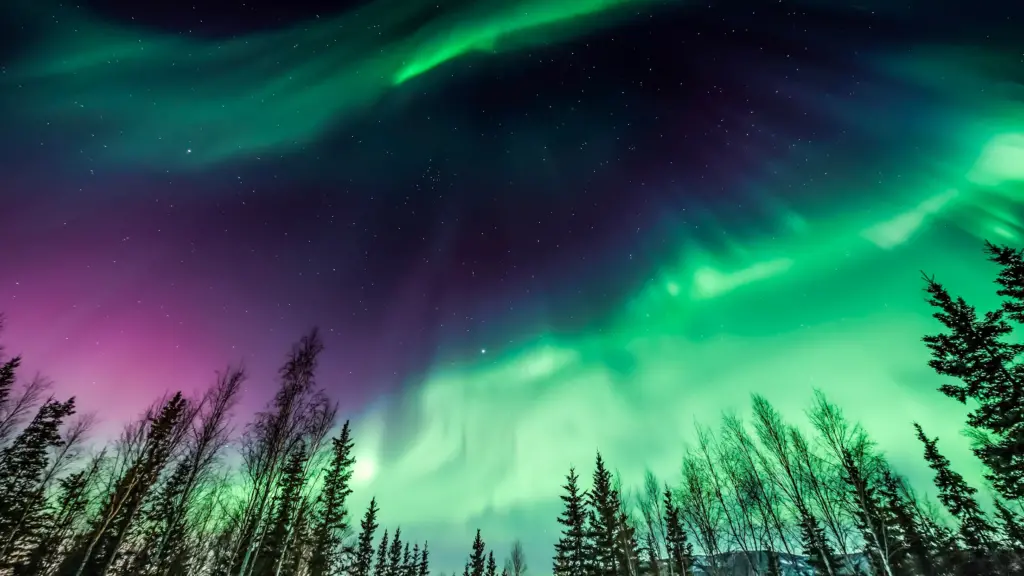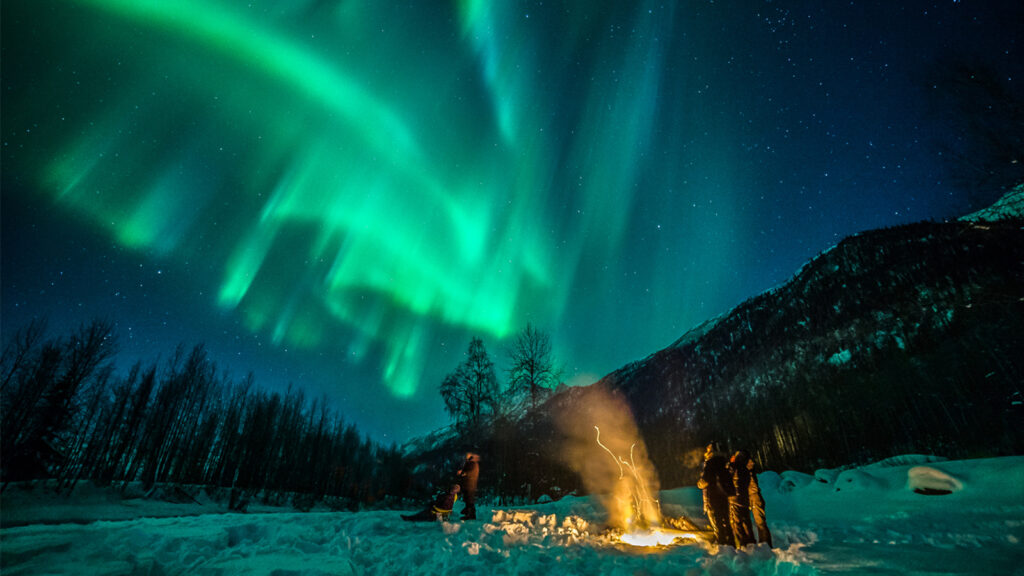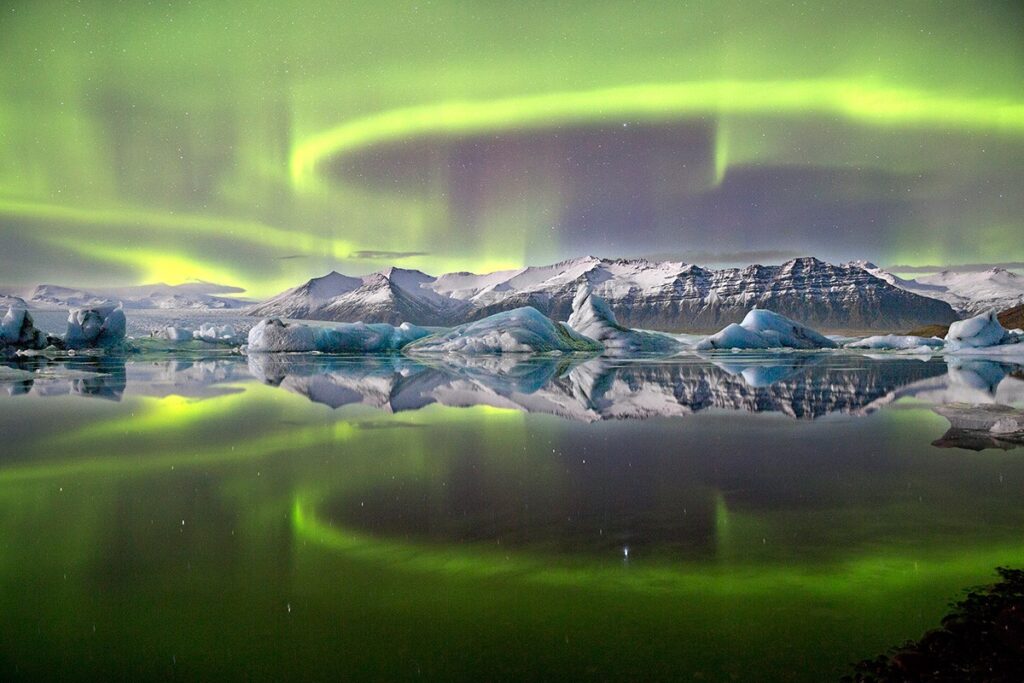Introduction
While Wisconsin may not be the first place that comes to mind when thinking about the Northern Lights, this guide will uncover the potential locations where you can see Aurora Borealis in Wisconsin for witnessing the captivating Aurora Borealis in the Badger State.
Exploring Wisconsin’s Northern Lights
Beyond its rolling hills and serene lakes, Wisconsin offers opportunities to witness the mesmerizing dance of the Northern Lights. Identifying the best locations becomes essential for capturing this ethereal phenomenon in all its glory.
| ℹ️ Read More: | Where Can You See Aurora Borealis in Minnesota? |
Top 5 Places Where You Can See Aurora Borealis in Wisconsin
Door County
Situated along Lake Michigan, Door County‘s dark skies provide an ideal setting for potential Northern Lights sightings, especially during periods of heightened solar activity.
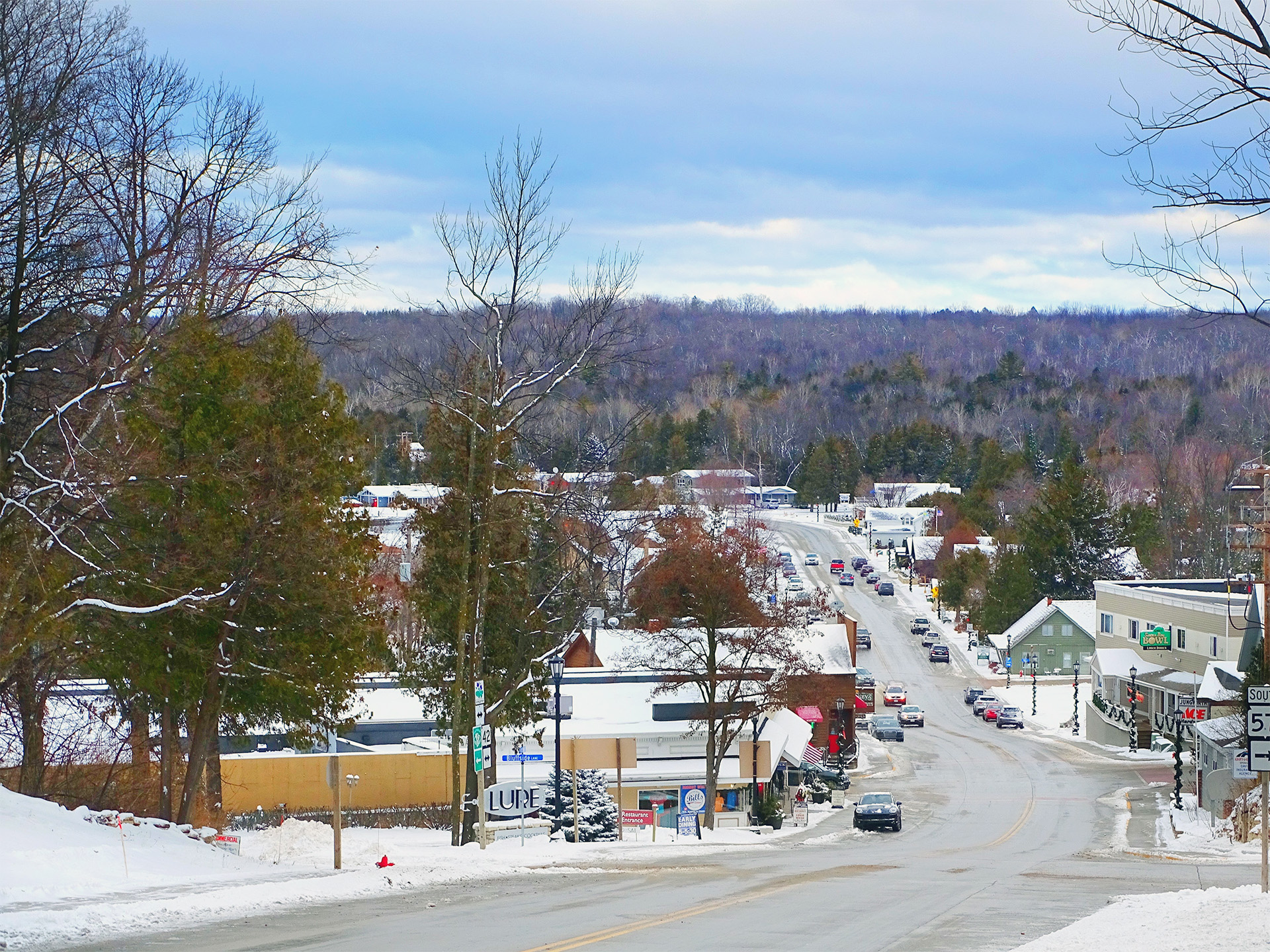
| ℹ️ View More |
| 🏡 Best Places to Stay in Door County |
Apostle Islands National Lakeshore
With its remote location and minimal light pollution, Apostle Islands National Lakeshore offers optimal conditions for witnessing the vivid colours of the Aurora Borealis.
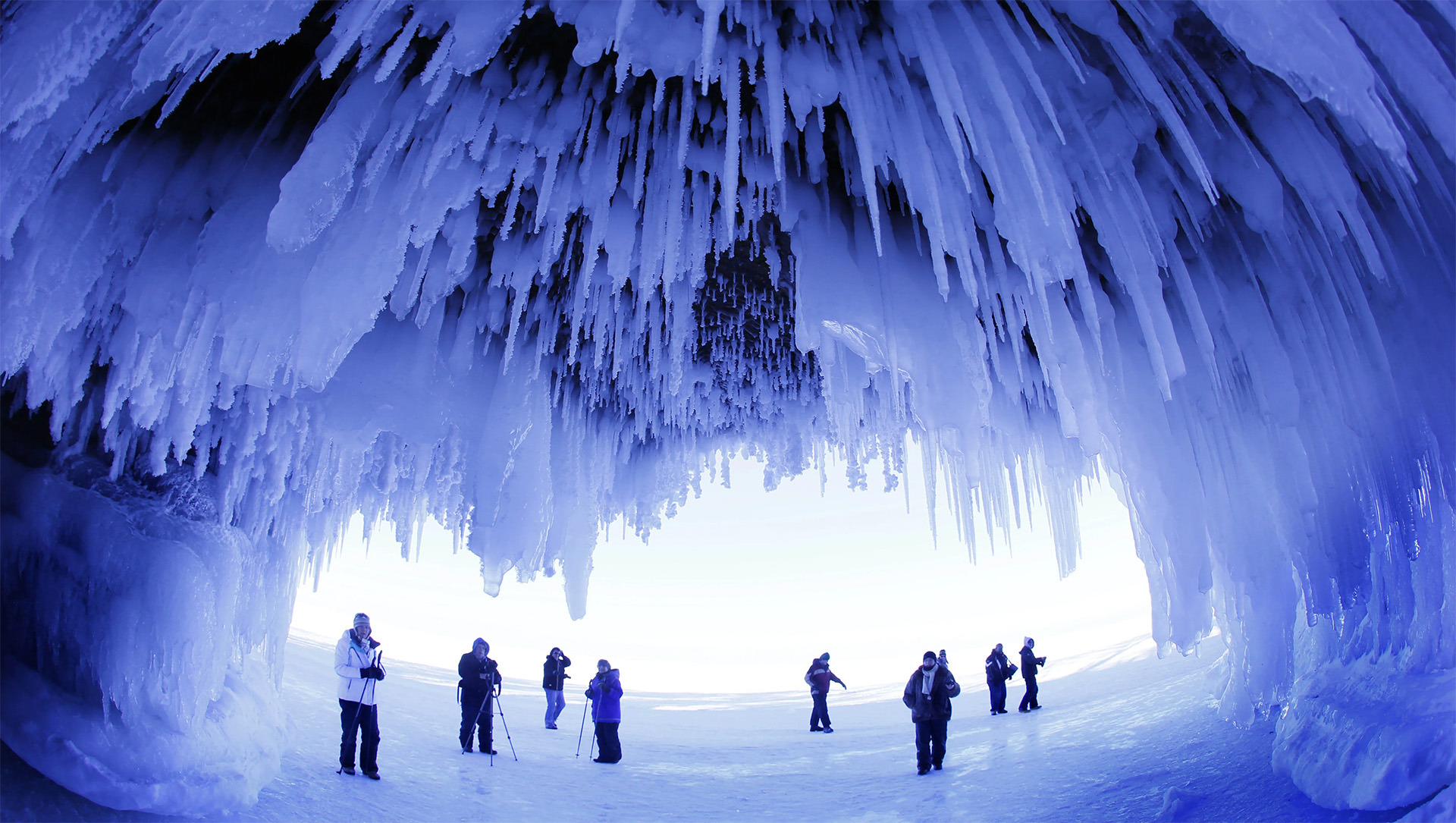
| ℹ️ View More |
| 🏡 Best Places to Stay Near Apostle Islands National Lakeshore |
Chequamegon-Nicolet National Forest
Covering over a million acres, Chequamegon-Nicolet National Forest provides secluded spots with minimal light interference, enhancing the visibility of potential Northern Lights displays.

| ℹ️ View More |
| 🏡 Best Places to Stay in Chequamegon-Nicolet National Forest |
Rib Mountain State Park
Located near Wausau, Rib Mountain State Park‘s elevated vantage points offer clear horizons for capturing the celestial display, particularly during geomagnetic storms.

| ℹ️ View More |
| 🏡 Best Places to Stay in Rib Mountain State Park |
Devil’s Lake State Park
Nestled between bluffs and surrounded by nature, Devil’s Lake State Park provides a tranquil setting for potential Aurora Borealis sightings.

| ℹ️ View More |
| 🏡 Best Places to Stay in Devil’s Lake State Park |
Factors Influencing Northern Lights Visibility in Wisconsin
Solar Activity and Wisconsin’s Night Skies
Monitoring solar activity becomes crucial for increased chances of witnessing the Northern Lights in Wisconsin. Solar maximum years, occurring approximately every 11 years, mark periods of heightened solar activity, creating optimal conditions for celestial displays.
Geographic Considerations
Wisconsin’s diverse geography, from lakeshores to national forests, offers a variety of potential locations for Northern Lights visibility. Choosing spots with minimal light pollution and clear horizons enhances the overall experience.

Conclusion
Wisconsin, with its natural beauty, holds the promise of the Northern Lights. Explore recommended locations like Door County, Apostle Islands National Lakeshore, Chequamegon-Nicolet National Forest, Rib Mountain State Park, and Devil’s Lake State Park for an unforgettable experience of the Aurora Borealis against Wisconsin’s serene night sky.
| ℹ️ Read More: | Where Can You See Aurora Borealis in Minnesota? |
Frequently Asked Questions: Where Can You See Aurora Borealis in Wisconsin?
Q: Can you see the Northern Lights in Wisconsin?
A: Yes, it is possible to see the Northern Lights in Wisconsin, particularly in dark and remote locations away from city lights.
Q: When is the best time to see the Northern Lights in Wisconsin?
A: The prime time for potential Northern Lights sightings in Wisconsin is during the winter months, with increased activity during solar maximum years.
Q: Where are the best places in Wisconsin for Northern Lights viewing?
A: Door County, Apostle Islands National Lakeshore, Chequamegon-Nicolet National Forest, Rib Mountain State Park, and Devil’s Lake State Park are top spots offering potential Aurora Borealis sightings.
Q: Why is Wisconsin suitable for Northern Lights viewing?
A: Wisconsin’s diverse landscapes, including lakeshores and national parks, provide optimal conditions for experiencing the Northern Lights.
Q: How does solar activity impact the visibility of the Northern Lights in Wisconsin?
A: Increased solar activity, especially during solar maximum years, enhances the chances of witnessing vibrant Aurora Borealis displays in Wisconsin.

